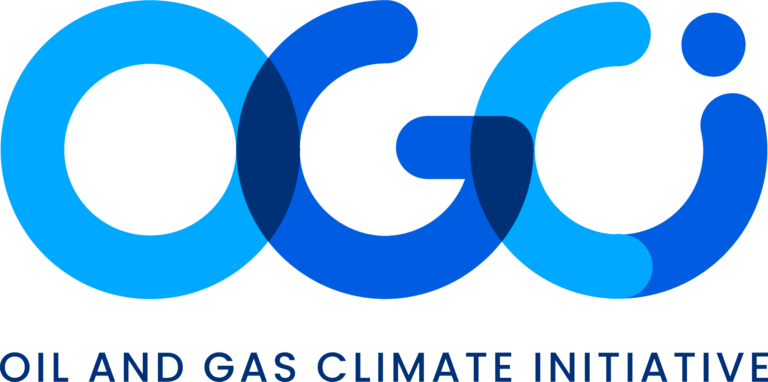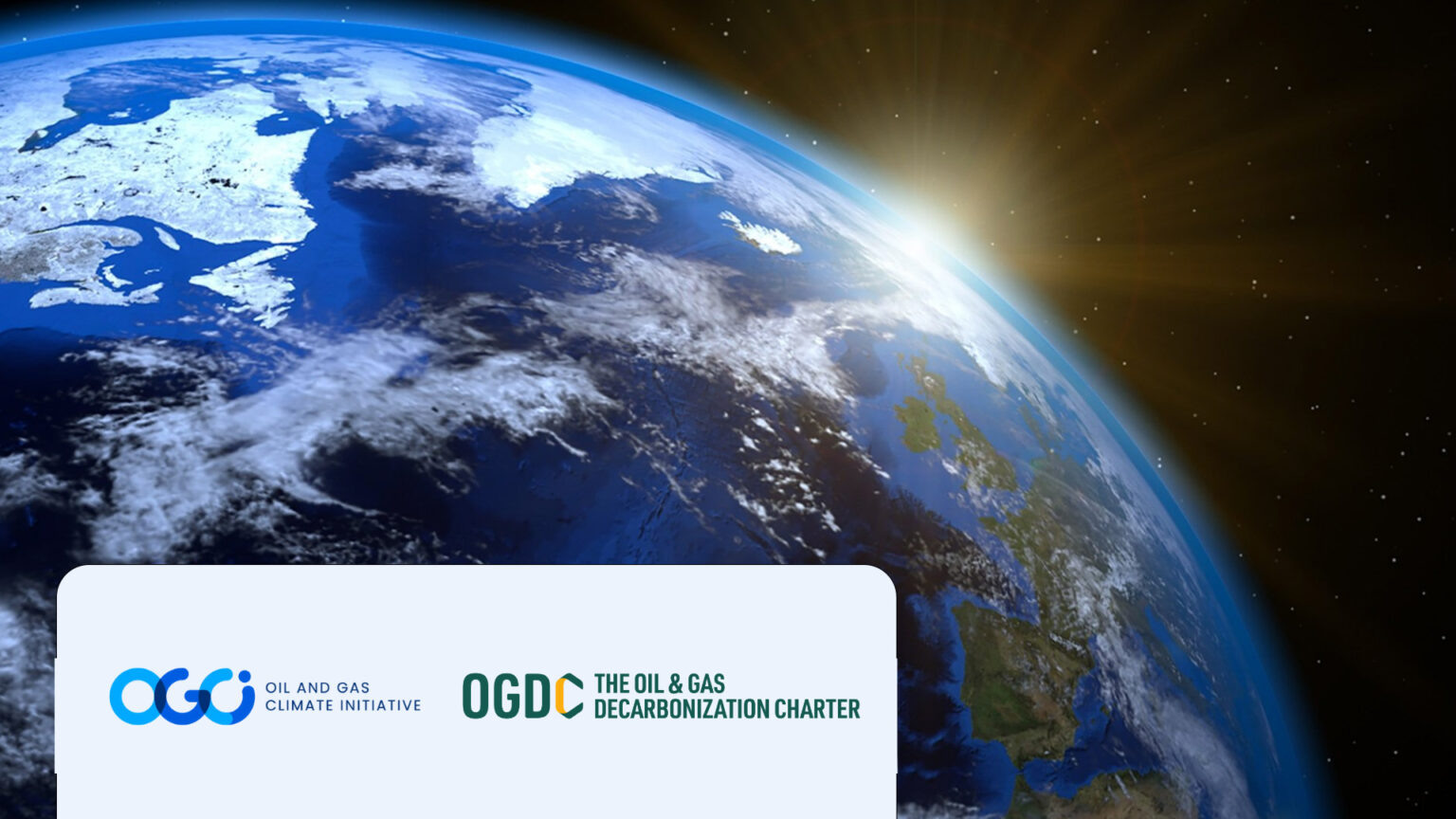Bjørn Otto Sverdrup – OGCI Executive Committee Chair and Head of OGDC Secretariat
That’s why the Oil and Gas Climate Initiative (OGCI) and the Oil & Gas Decarbonization Charter (OGDC) are helping to shape new benchmarks for industry-wide emissions reporting on a global scale.
Over the past decade, OGCI has published independently reviewed aggregated emissions data in our annual Progress Report – an industry first demonstrating real commitment to the core goals set by our 12 member companies to reduce our operated emissions to net zero by 2050.
Publishing the data is important, as it allows anyone to assess how our members are performing against our own targets to reduce methane emissions, methane intensity, carbon intensity, flaring and other KPIs.
Our data shows that since 2017, OGCI’s member companies have collectively achieved a 21% decrease in upstream carbon intensity, reduced upstream operated methane emissions and routine flaring by more than 50% and invested nearly $100 billion in low-carbon technologies.
Absolute emissions are coming down. At scale. As a Norwegian I am proud to share that the 12 OGCI members combined have reduced absolute emissions from their operations since 2017 with more than the combined total greenhouse gas emissions from Sweden, Denmark and Norway!
We believe transparent reporting and good data is key to drive this progress and to hold each other accountable.
Each year, we review the Reporting Framework to make sure it aligns with the latest methodologies and processes so we can incorporate new aggregate indicators as they become relevant.
This ensures that our data remains robust, consistent and may even inspire the broader industry.
In 2023, for example, OGCI began to publish our members’ greenhouse gas emissions on an equity basis, complementing data on operated emissions. Check out our Performance Data Hub for more emissions data.
In addition to reporting emissions, we also share best practices across the industry and in other sectors to accelerate emissions reduction.
And I’m pleased that OGCI’s reporting framework will now also be used by the broader coalition that came out of COP28 – the Oil & Gas Decarbonization Charter (OGDC).
OGDC’s reporting aims to reinforce transparency across its 55+ signatories with assets in 100+ countries – and to demonstrate how the two organizations extend impact and drive consistency across the industry.
In our first year, OGDC completed the oil and gas industry’s first large-scale Baseline Report of climate performance, covering 89% of its signatories.
It showed that 78% reported greenhouse gas emissions, with 70% of first-time reporters adopting independent verification.
Importantly, it also showed that companies dared to say that they did not score perfectly on all the questions. The report showed gaps and improvement opportunities in both reporting, data and target setting.
As a globally inclusive coalition with National Oil Companies (NOCs) representing two-thirds of our signatories, OGDC’s confidential third-party data-sharing mechanism provides access to additional non-public information.
This tailored process can be especially useful for NOCs, since some NOCs are not subject to the same information sharing regulations as listed companies or have national regulations on information security or other concerns that may limit what information can be shared publicly.
Having a solid and confidential framework can establish the trust needed.
We are already well underway gathering data and preparing the new report. The new and more ambitious Reporting Framework will allow us to gather more data, make comparison easier and improve overall data credibility and quality.
Importantly, this will also make it easier for the third-party auditor to review and measure progress. We will present the OGDC progress report at COP30 in Brazil.
Reporting and deadlines are important.
They help us drive progress and allow us to invite others to follow the many important improvements underway in the oil and gas industry.


